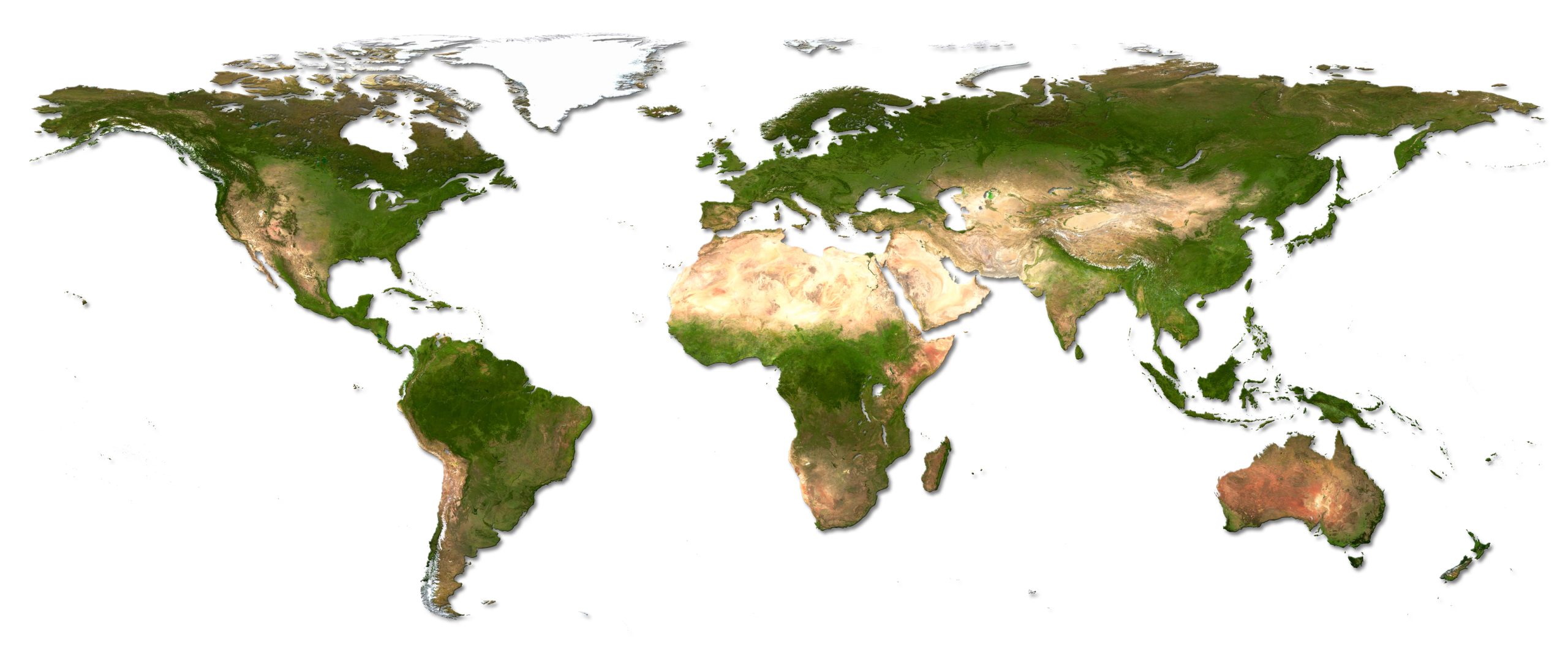What is wrong with our world? It is a perennial question, which come to those at this time of year who are not swayed by the Xmas glitter; or the glitter of any other season.
There are many answers but I believe there is ONE primary answer: perception. What is meant, in the full sense of the term ‘semantics’, is driven by perception. “What world?” Is answered by the world perceived, and from whom it is perceived.
On that basis, my thesis of perceiving the world, and the violence that goes with the perceptions, is further driven by 1) The Narrative, and 2) The Calculation. The calculation, as in the body counts, requires a narrative, but a narrative is not of necessity a count, although it is an oral or textual account. Narrative is a measurement, but its purest form is towards never being calculated. Those who calculate a story are the bastards because they betray the nature of the story; attempting to calculate a profit in the propaganda value.
Now, be assured that I am saying mathematics and calculation does have important value, and A truth value for perception at that. Calculation is valuable as working with mathematical figures and formulations. In narrative mathematical figures and formulations has only symbolic value, unless the narrative are stories of mathematics. This is the confusion for both mathematicians and storytellers alike. The confused are gullible in the literalism.
Here we come to the damaging effect of perception when perception is taken too literal, and remains unchallenged in the measured skepticism. To believe our perception — individual or collective — is dangerous. Humanity as an animal species is only prone to violence when there is perception of immediate threat to our existence or the existence of someone or something cared for. Most other species handle the risk with more caution. Humanity in perennial warfare poorly perceives the dangers. Once re-began in the too-literal perception, the cycle of destruction is continually feed. We see this in the history of the American and Australian frontier violence. The perception includes fear in misreading the literal threat, until it becomes a literal threat. Such ‘benign’ colonialism began with the intention of peaceful trade while taking lands of others (as one version of colonialism), but the others on both sides were read or misread as the literal threat until it was the literal warfare. Each literal warfare begins in the narrative of metaphorical warfare. How we perceive others leads to violence, until we stop such perception.
Here is the twist. Perception creates its social reality. What was misread too literal becomes literal in the cycle of violence. Kansas today, Wyoming tomorrow. Jacksonville today, Las Vegas tomorrow. Myall Creek today, Port Arthur tomorrow. Moscow yesterday, Prague today. Perception works other motivations into the too-literal reading of the world, as a threat that has to be destroyed: greed, privacy, shame, guilt, and even misguided love, and so forth. In order to reevaluate the too-literal reading of the world, the ancient Greeks turned to the art of Tragedy. The Catholic Humanist Erasmus talked of Folly. Hegel and Dilthey, and the moderns, turned to the spiraling historiography of Providence. These are the narratives that undermine the too-literal reading of perception. Tragedy, Folly, Providence are narratives of acceptance, that humanity is trapped in the cycles of violence, but in accepting the unchangeable histories these narratives also challenges the perception. It challenges the perception that we do have to read the world in the way we (each) fear it. Change the perception of the world and you change the world. We do not have to read the world in the way we think. We each change our thinking.
MERRY CHRISTMAS.
Featured Image: Real detail world map of continents. Photo 15250023 / World © Logray | Dreamstime.com

Neville Buch
Latest posts by Neville Buch (see all)
- J. D. Vance’s Insult to America is to Propagandize American Modernism - July 26, 2024
- Why both the two majority Australian political parties get it wrong, and why Australia is following the United States into ‘Higher Education’ idiocy - July 23, 2024
- Populist Nationalism Will Not Deliver; We have been Here Before, many times… - July 20, 2024
